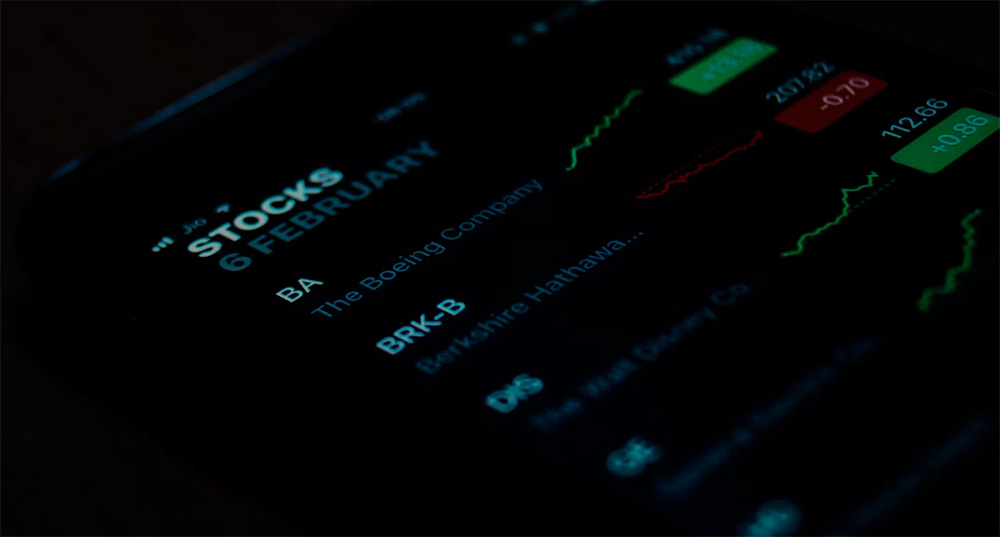Metal commodity exchanges do not have a direct impact on the environment. Trading metals typically stimulates the production of valuable metals. This fact has several positive and negative aspects. Development of production can lead to the growth of innovations in electric cars, solar panels, and alternative energy sources. Thus, it reduces the negative impact on the environment associated with coal, oil, and other energy sources extraction.
How do metal commodity exchanges affect the environment? Andrey Levashenko, a specialist from the AutoCatalystMarket company, helped to understand this issue. He talked about the peculiarities of metal commodity exchanges.
AutoCatalystMarket will help you quickly find a buyer for your auto parts. More useful information can be found at https://autocatalystmarket.com/us/en.
Features of metal mining and their influence on the surrounding environment
The mining of metals can have negative consequences for the environment, especially when mining is not conducted in accordance with widely accepted standards. Gold mining, for instance, often results in water pollution from chemicals, which in turn can be harmful to human health.
Catalytic converter scrap can be found on these exchanges, which are established by setting certain standards for market participants regarding ecological responsibility.
Special ratings are also established to reflect the efficiency of producers. This stimulates competition between different producers and encourages cleaner production methods.
1. What is the influence of the exchange of precious metals?
Precious metals exchanges promote the secondary processing market of metallic waste to reduce the amount of metals extracted and waste generated. Additionally, exchanges influence transparency in relation to metal extraction by requiring market participants to provide accurate information on environmental indicators. This allows investors to make more informed choices regarding suppliers and encourages companies to improve their environmental performance.
Thus, investors can make a more informed choice of supplier and incentivize companies to improve their performance. Therefore, although metal exchanges do not have a direct impact on the environment, they can play an important role in promoting environmental responsibility and supporting the development of environmentally friendly technologies and investments.
2. Where to put your old catalyst?
It’s important to note that you don’t necessarily have to dispose of your used catalytic converter. If you want to earn some money from it, you can sell it on the AutoCatalyst service. On the website, you can also check the approximate prices in the catalog to get an idea of how much money you can get for your model of converter.
By doing so, you can not only earn some extra cash but also help reduce waste and contribute to a more sustainable future. The platform serves as a mediator between sellers and buyers, ensuring a smooth and secure transaction for all parties involved.
3. The Influence of Metal Mining on Local Communities
The used/scrap car catalysts market plays a significant role in the influence of metal mining on local communities. Car catalysts contain valuable metals such as platinum, palladium, and rhodium, which are essential for their catalytic properties in reducing harmful emissions from vehicles. As these metals are relatively rare and expensive to extract from the Earth, the recycling and reclamation of used or scrap car catalysts have become an economically viable solution. This market creates opportunities for local communities located near metal mining operations, as it fosters a demand for skilled labor and entrepreneurship in the collection, processing, and refining of these catalysts. Moreover, it encourages environmental stewardship by reducing the need for new metal extraction, leading to reduced ecological impact and lower carbon emissions associated with mining activities.
4. Toxic Waste From Mining and Potential Pollutants
Car catalysts, which contain precious metals such as platinum, palladium, and rhodium, are crucial components that help reduce harmful emissions from vehicles. When these catalysts reach the end of their life cycle, they can be recycled to recover these valuable metals and minimize the need for new mining activities. Mining for precious metals can result in various environmental issues, including habitat destruction, water pollution, and soil degradation. However, by reusing and recycling car catalysts, we reduce the demand for primary mining operations, mitigating the associated environmental risks.
5. Health Impacts of Metals and Mining Pollution
The extraction and refining processes involved in mining these metals can result in pollution and the release of toxic substances into the environment. This pollution poses serious health risks to both workers in the mining industry and nearby communities. Exposure to heavy metals such as lead, mercury, arsenic, and cadmium can lead to various health problems, including respiratory issues, neurological disorders, organ damage, and an increased risk of cancer. Therefore, proper handling and disposal of used/scrap car catalysts are essential to mitigate the potential health impacts associated with metals and mining pollution.
Conclusion
In conclusion, metal commodity exchanges, such as the automotive catalytic converter market, play a significant role in promoting environmental responsibility and sustainable practices. These exchanges contribute to the reduction of primary metal extraction and waste generation by stimulating the secondary processing market for metallic waste. By setting standards and promoting transparency, they encourage companies to improve their environmental performance and provide investors with the means to make informed choices regarding suppliers. Furthermore, the recycling and reclamation of used or scrap car catalysts, facilitated by these exchanges, create economic opportunities for local communities and help reduce the ecological impact and health risks associated with metal mining. Overall, metal commodity exchanges have the potential to support a more sustainable future by fostering cleaner production methods and encouraging the development of environmentally friendly technologies and investments.


